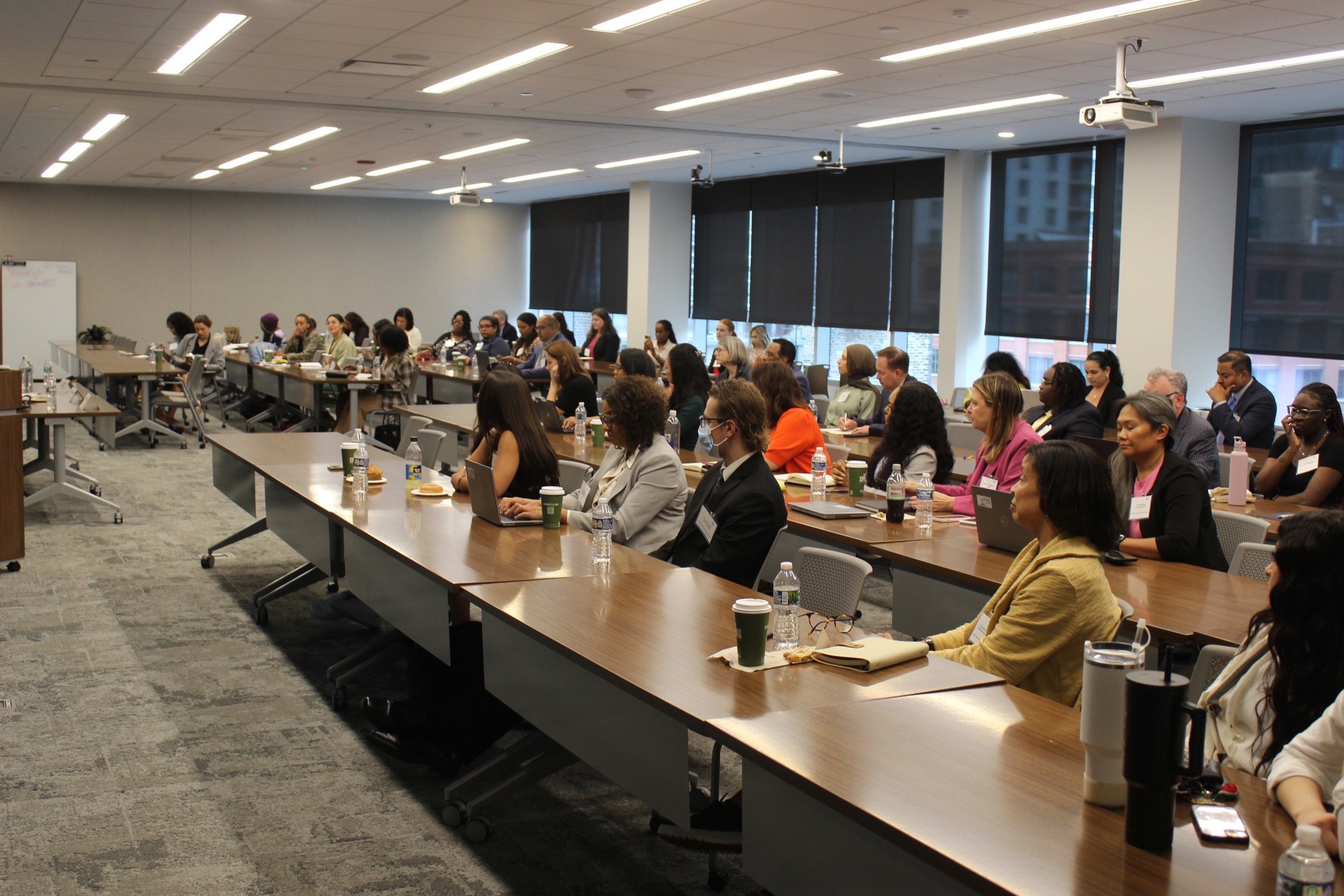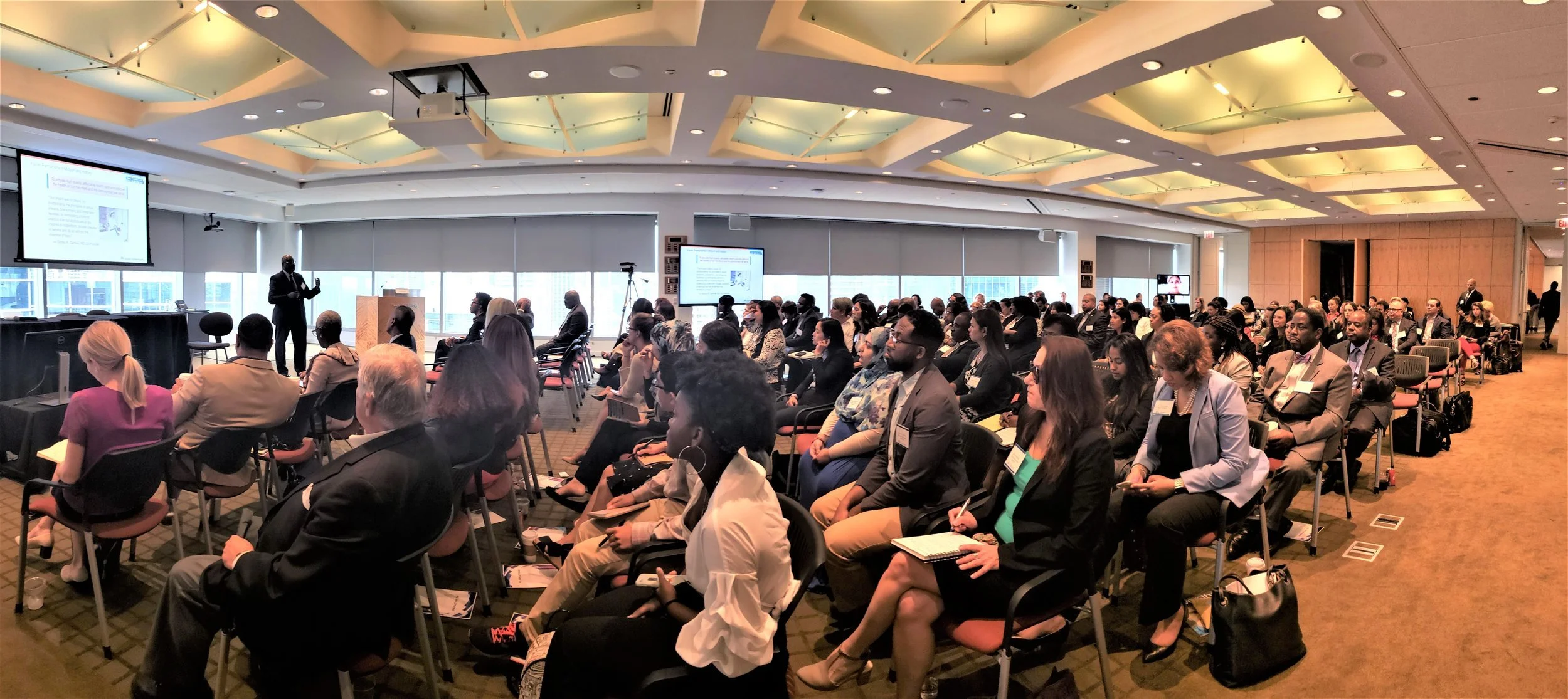
Health Equity and Innovation Symposium - 2025
As zip code remains a key predictor of health in the United States, health disparities surrounding access to care and health outcomes continue to plague many American communities. These disparities add $320 billion to healthcare spending in the U.S. annually and could top $1 trillion by 2040 if left unaddressed. CHI’s Annual Health Equity and Innovation Symposium brings together leading healthcare executives, physicians, researchers, patient groups, academics, authors, clinical trial professionals, and non-profit leaders in a collaborative forum to discuss health disparities and innovative solutions to achieve health equity by improving access and outcomes for all communities. Focusing on the latest trends, challenges, and opportunities, the 3-day hybrid symposium features virtual and live panel discussions, workshops, keynote discussions, and networking opportunities. Key opinion leaders and symposium participants will discuss (1) Rural health and social drivers, (2) AI and patient-centered care, and (3) What’s next in the field of health equity. This 3-day event also aims to address the broader health disparities that disproportionately impact marginalized communities in the U.S. Participants will learn the latest insights and industry-tested solutions, share new ideas and perspectives, and meet new industry and marketplace colleagues.




























